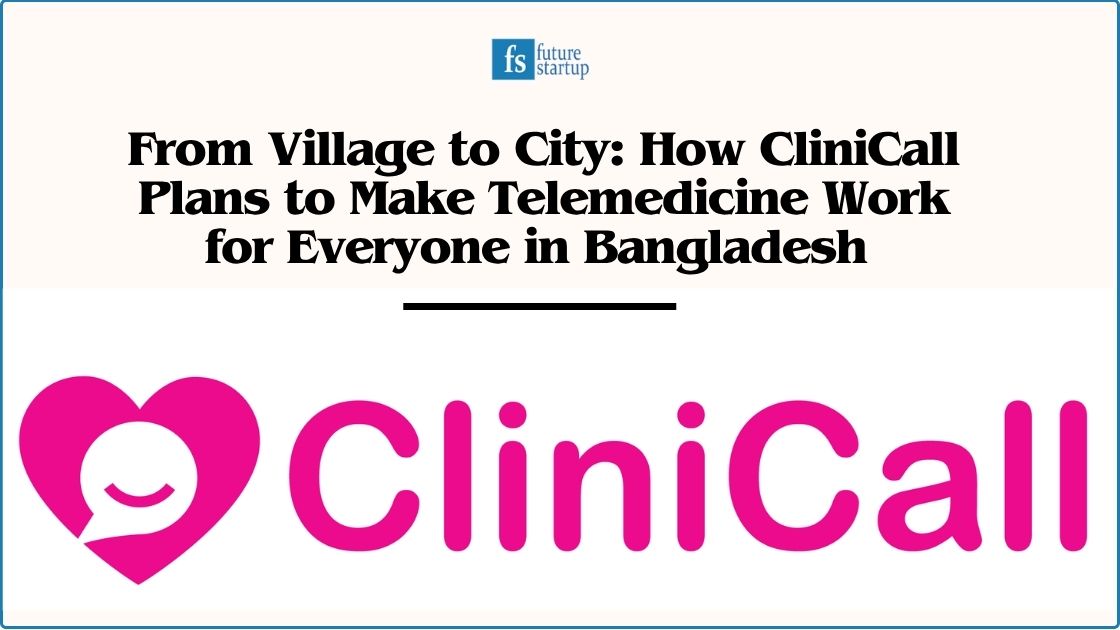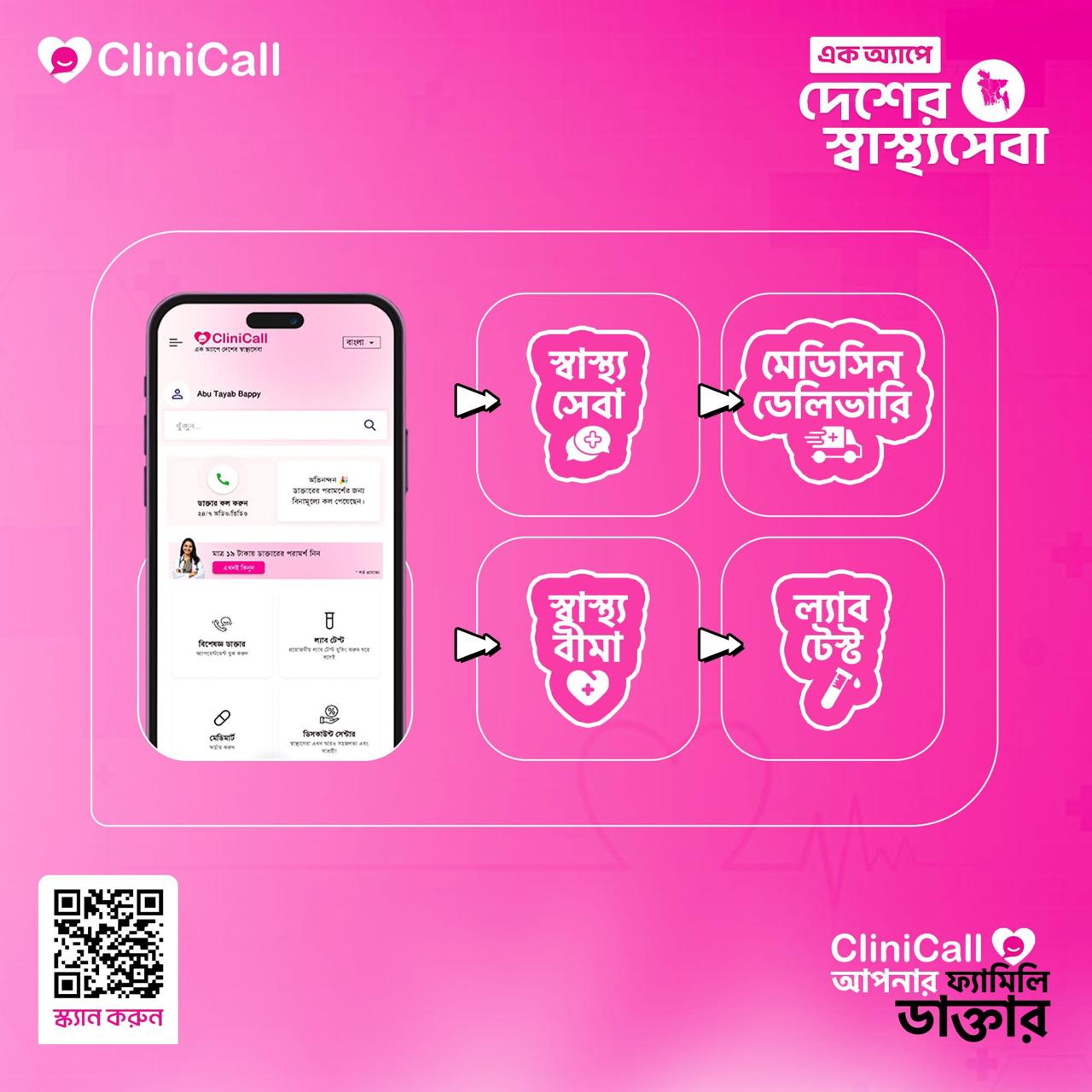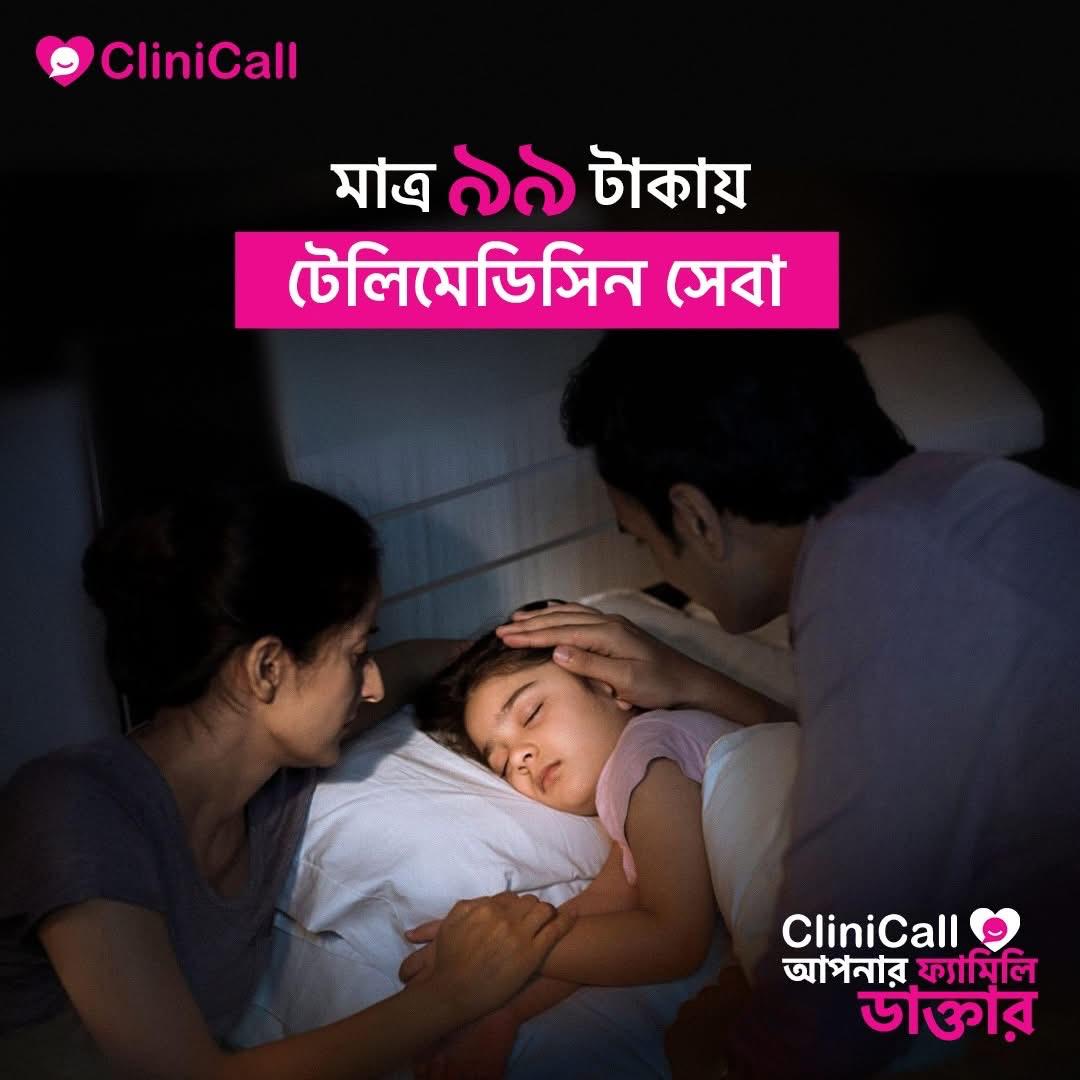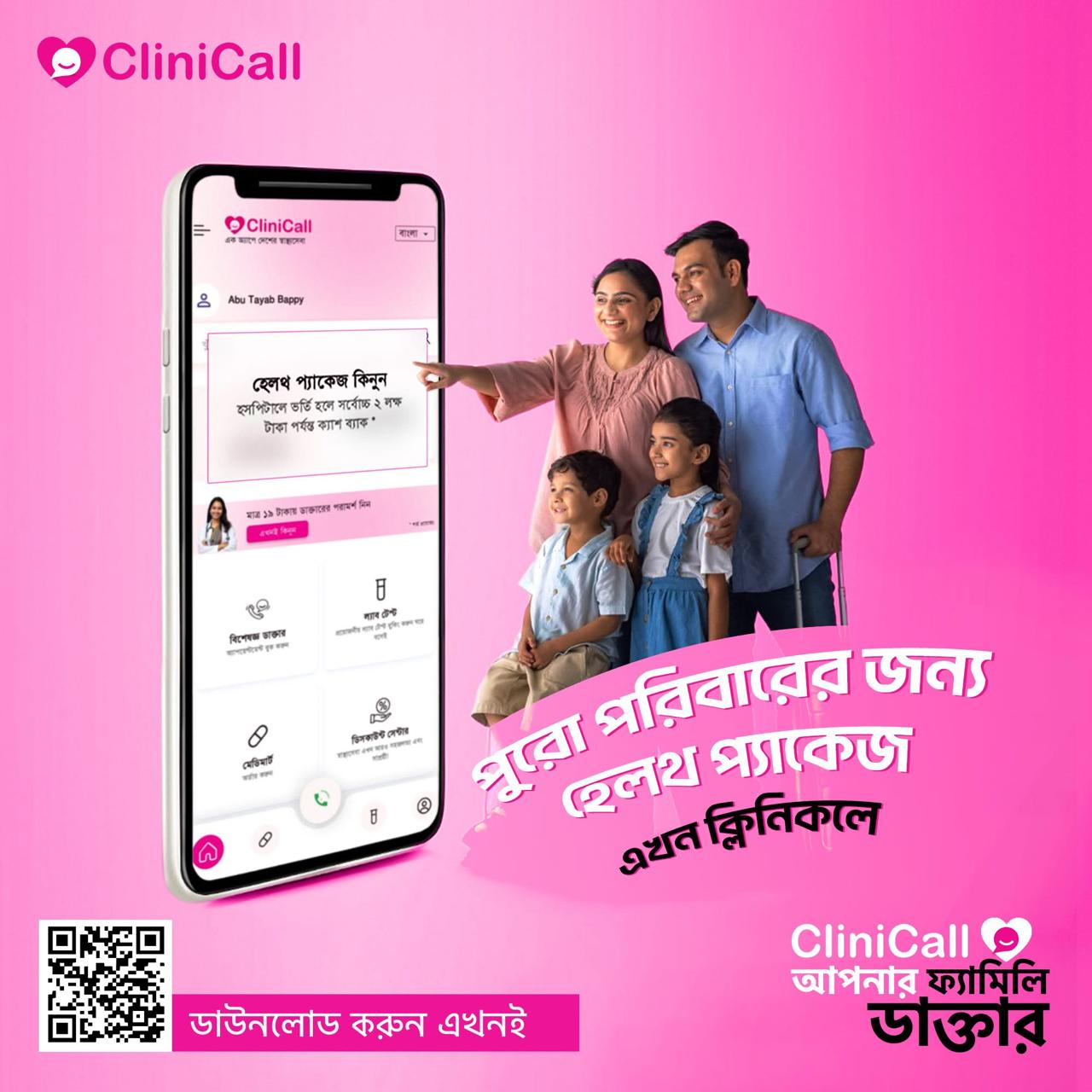
Bangladesh faces a healthcare accessibility crisis that mirrors challenges across much of the developing world. With over 170 million people served by just 134,568 registered physicians—a ratio of roughly 7 doctors available for every 10,000 people, significantly below the World Health Organization’s (WHO) recommended ratio of 22.8 doctors per 10,000 population (Bangladesh Health Bulletin, 2022).
Geographic barriers compound this challenge, as 65% of the population lives in rural areas where specialist care can be hours or days away.
Traditional healthcare delivery fails to meet these realities. Patients often travel long distances for basic consultations, lose income from work absences, and face prohibitive costs that push medical expenses beyond reach for many families. Emergency medical situations become life-threatening simply due to distance and time constraints.
This context makes telemedicine not just convenient for Bangladesh, but essential.
The global telemedicine market has witnessed remarkable growth, with countries developing distinct approaches to these universal challenges. The USA's Teladoc Health pioneered virtual consultations at scale, the UK's Babylon Health leveraged AI for symptom assessment, India's Practo created comprehensive healthcare ecosystems, Sri Lanka's oDoc focused on prescription delivery, and Pakistan's Sehat Kahani addressed rural healthcare gaps through technology.
This is where CliniCall, a Dhaka-based health-tech company that's taking a uniquely localized approach to telemedicine while maintaining global standards of care, comes in. The company aims to become Bangladesh’s response to the growing need for accessible and affordable healthcare.
CliniCall's thesis is straightforward: in a country where healthcare access is limited by geography, cost, and infrastructure, the solution must be universally accessible, immediately available, and culturally appropriate. This means reaching beyond smartphone users to serve the entire population, including those without digital literacy, reliable internet, or modern devices.
CliniCall is redefining access to doctors in Bangladesh, offering round-the-clock care through a simple yet powerful idea: when you call, a doctor picks up directly—no middle layer, no agent, no confusion.
This 24/7 doctor-on-call service operates through a toll-free number, removing cost barriers for underserved communities. The approach recognizes that in Bangladesh's diverse landscape, from remote villages with limited internet connectivity to busy urban centers, phone-based consultation remains the most reliable and accessible medium.
Through this, CliniCall is addressing Bangladesh's healthcare accessibility challenges through a direct-access model. When patients call, a doctor picks up directly, eliminating intermediary layers that often create barriers to care.

CliniCall isn’t just a tech platform, the company has built a comprehensive ecosystem of care. The company’s standout features include:
CliniCall’s approach is rooted in the reality of Bangladesh. While the company offers an excellent tech solution, it also acknowledges the critical gap in the market where millions of people lack smartphones, digital literacy, or reliable internet access. The company's response has been to develop complementary solutions that work alongside digital platforms.
Breakthrough Innovation: The company's most significant contribution may be its Doctor Calling Card, a physical card distributed through local pharmacies that provides instant access to telemedicine services.
This approach allows patients without smartphones or digital literacy to access quality medical consultations, representing a potential model for other emerging markets facing similar digital divide challenges.
Since its soft launch, CliniCall has demonstrated promising market adoption:
These metrics suggest the platform is successfully reaching its intended diverse user base, though long-term sustainability will depend on continued user engagement and clinical outcomes.

CliniCall's approach differs notably from its global counterparts. While companies like Babylon Health emphasize AI-driven preliminary assessments for efficiency, and Teladoc focuses on comprehensive virtual care platforms, CliniCall prioritizes immediate human connection and universal accessibility.
This human-first strategy addresses specific cultural preferences in Bangladesh, where patients often prefer direct doctor interaction over algorithmic screening. However, as the platform scales, integrating AI capabilities for routine inquiries and appointment scheduling could enhance efficiency without compromising the personal touch that differentiates the service.
The company's pharmacy integration strategy also demonstrates sophisticated understanding of existing healthcare infrastructure. Rather than disrupting traditional channels, CliniCall is leveraging established networks to expand access, an approach that could prove more sustainable than purely digital-first models in emerging markets.
CliniCall faces several challenges common to emerging market telemedicine.
While phone-based consultation reduces barriers, the service still relies on telecommunications infrastructure that can be inconsistent in remote areas.
As Bangladesh's telemedicine regulations continue evolving, CliniCall will need to ensure compliance while maintaining service quality.
The direct doctor pickup model, while appealing to users, may face capacity constraints as demand grows. Balancing immediate access with sustainable doctor availability will be crucial.
Finally, remote diagnosis carries inherent limitations, particularly for conditions requiring physical examination. Clear protocols for when in-person care is necessary will be essential.

CliniCall's model offers valuable insights for telemedicine development in emerging markets worldwide. The combination of digital platforms with physical distribution channels could address similar challenges in regions with significant digital divides.
The company's success in Bangladesh, a market of 165 million people with diverse economic and educational backgrounds, could provide a replicable template for other South Asian and African markets facing comparable healthcare access challenges.
As CliniCall continues expanding its services and refining its model, it represents not just Bangladesh's entry into global telemedicine, but potentially a new paradigm for inclusive digital healthcare that other emerging markets could adapt and implement.
